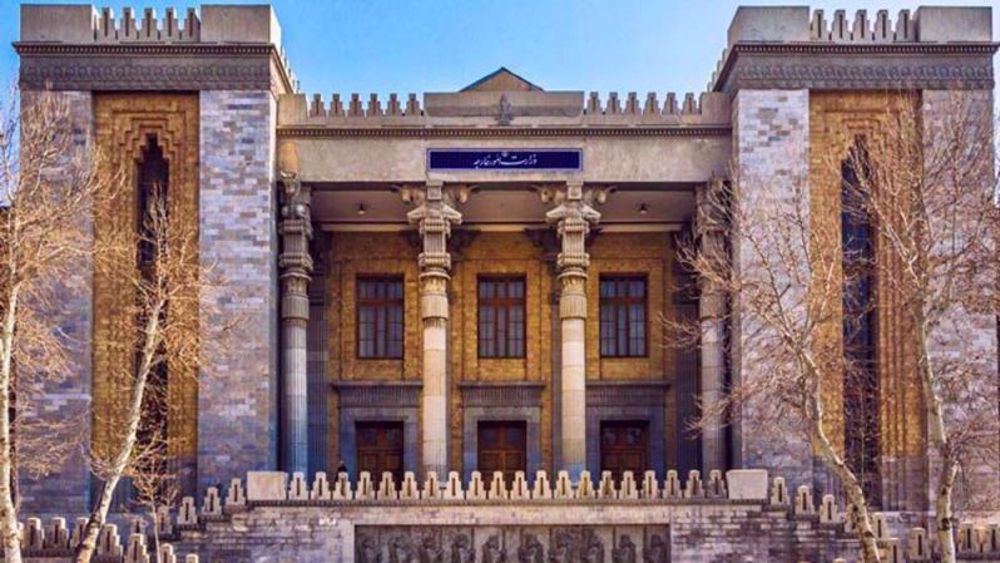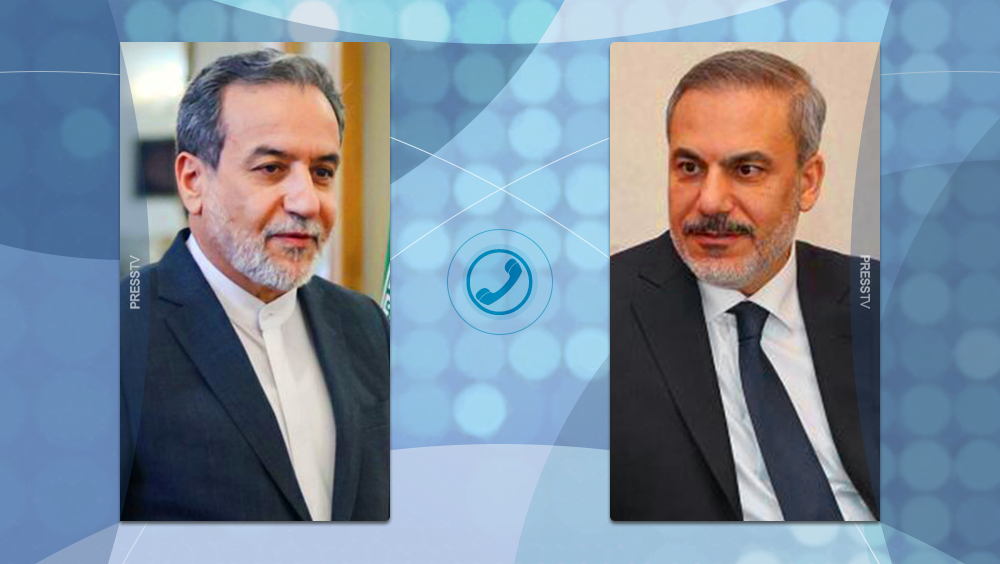Iran: EU document positive but partly unrealistic
Iran has cautiously welcomed an EU resolution on the future of the bloc's relations with Tehran but said the document also contains some "unrealistic points" about the country.
The European Parliament on Thursday voted on a roadmap for relations with Iran, charting out “EU strategy towards Iran after the nuclear agreement.”
Iranian Foreign Ministry spokesman Bahram Qassemi said the resolution contains "positive and promising points which can help to expand relations between Iran and the European Union and open a new horizon in bilateral ties."
"However, this resolution also contains some points concerning the human rights situation in Iran which do not correlate with the existing realities and are partly affected by the negative propaganda against the Islamic Republic of Iran."
Such content, he said, is not conducive to the betterment of the relations between the Islamic Republic and the EU.
“While human rights negotiations are set to be held between Iran and the EU in the near future, the adoption of such positions is questionable and unconstructive and does not in any way help elevate the human rights discourse and [only] reinforces speculations of intervention in our country’s domestic affairs,” he said.
Qassemi also said that while the resolution had a merely advisory nature and was not binding, the members of the European Parliament had better be more realistic and more forward-looking.
The resolution foresees the normalization of the bloc’s ties with Iran following the 2015 nuclear agreement between the Islamic Republic and six world powers. The EU’s high representative for foreign affairs and security policy coordinated for the talks that culminated in the deal.
Authored by Richard Howitt, who represents Britain’s Labour Party at the European Parliament, the document “welcomes Iran’s contribution to the fight against ISIS,” referring to Daesh by an English acronym but also criticizes Iran’s human rights record.

Iran summons Argentine envoy over accusations against top officials

Iran condemns Israeli war crimes in Gaza, West Bank

Iran, Turkey foreign ministers discuss Muscat talks, other regional issues
VIDEO | Press TV's news headlines
Iranian hospital uses angiography for brain vascular treatment without surgery
US to press EU to pull away from China in return for tariff cuts: Report
Muslim prisoners ‘singled out’ for violent treatment in England: Charity
Columbia graduate detained without evidence of wrongdoing
Women, children killed in ‘relentless’ Israeli bombing of Gaza
US intensifies bombing Yemen amid ground invasion plans
Scores of Syria Alawites killed as HTS sectarian violence continues












 This makes it easy to access the Press TV website
This makes it easy to access the Press TV website